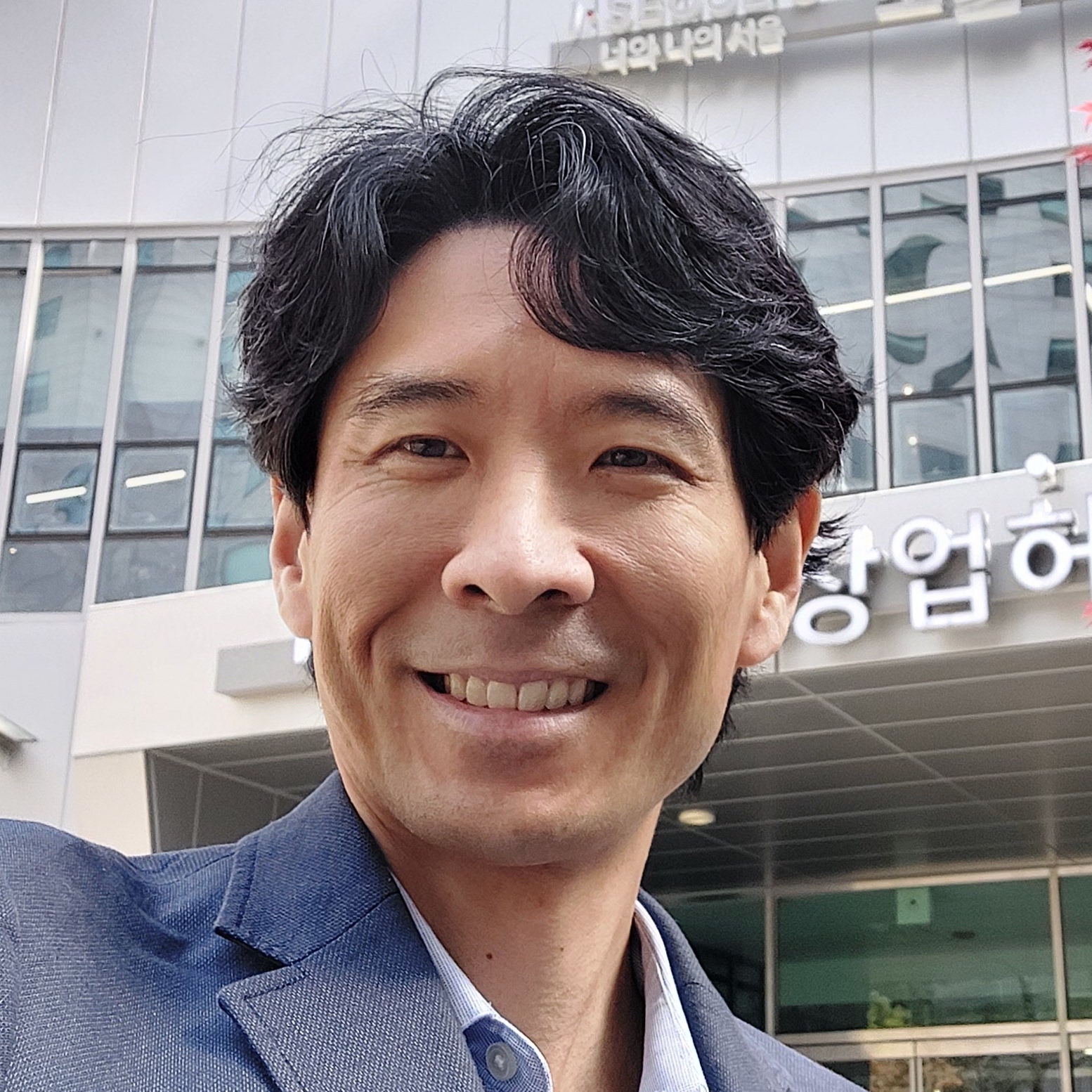The two week schedule of COP28 ended on Dec 12.
COP28 took place in Dubai, presided over by the CEO of an oil company, during the hottest year on record, grappling with the complexities of two concurrent wars and an uncertain economic landscape.
A staggering 97,000 delegates attended the event, setting a record that doubled the attendance of COP27. The sheer magnitude of this number prompts numerous questions and considerations. For comparison, Korea’ largest football stadium, Seoul Olympic Stadium, has the capacity for 69,950 people.
Presumably the first Global Stocktake should have played an important role in COP acting as a moment of reckoning and a launchpad for future climate action. The stocktake recognised it would require a 43% emissions cut by 2030 and 60% by 2035 relative to 2019 levels. To achieve this, countries will require more ambitious commitments.
So what were the COP28’s outcomes?
The summit began on a notable note with an agreement on the 'Loss and Damage' fund. However, the subsequent financial pledges have fallen significantly short of expectations, reaching only $700m when 400 billion USD per year is needed. Notably, the United States pledged only $17.5 million, a stark contrast to Italy, France, the United Arab Emirates, and Germany, each committing around $100 million.
Following this, a surge of international pledges materialized, encompassing initiatives to transition away from fossil fuels, cease gas flaring, triple renewable energy, enhance food systems, improve cooling systems, preserve biodiversity, and various other endeavors. In total, there were 86 pledges and 53 initiatives; for detailed announcements, (refer to the list of announcements made)
The COP28’s closing highlight was the compromise agreement reached at the end to “transition away from fossil fuels in energy systems, in a just, orderly and equitable manner”
After the news, responses are mixed. Some cheer the historic mention of 'transitioning away from fossil fuels,' while others express skepticism about COP's slow progress, taking 30 years to address known issues, not to mention lingering loopholes.
I'm still holding onto hope, but the sluggish progress is undeniably frustrating. A particularly unfortunate outcome is the failure to reach an agreement on Article 6, further delaying the global trade in greenhouse gas emissions reductions.
For future COPs, I hope for stronger language to translate into more ambitious plans. Additionally, having COP sessions twice a year, one of them occurring in the middle of summer amidst rising temperatures, would underscore the urgency of climate action.
In the end, what we urgently require are swift and bold actions
Reference News:
- https://unfccc.int/sites/default/files/resource/Summary_GCA_COP28.pdf
- https://www.carbonbrief.org/cop28-key-outcomes-agreed-at-the-un-climate-talks-in-dubai/
- https://www.theguardian.com/environment/2023/dec/13/cop28-landmark-deal-agreed-to-transition-away-from-fossil-fuels
- https://www.usnews.com/news/best-countries/articles/2023-12-12/country-pledges-to-the-loss-and-damage-climate-change-fund
